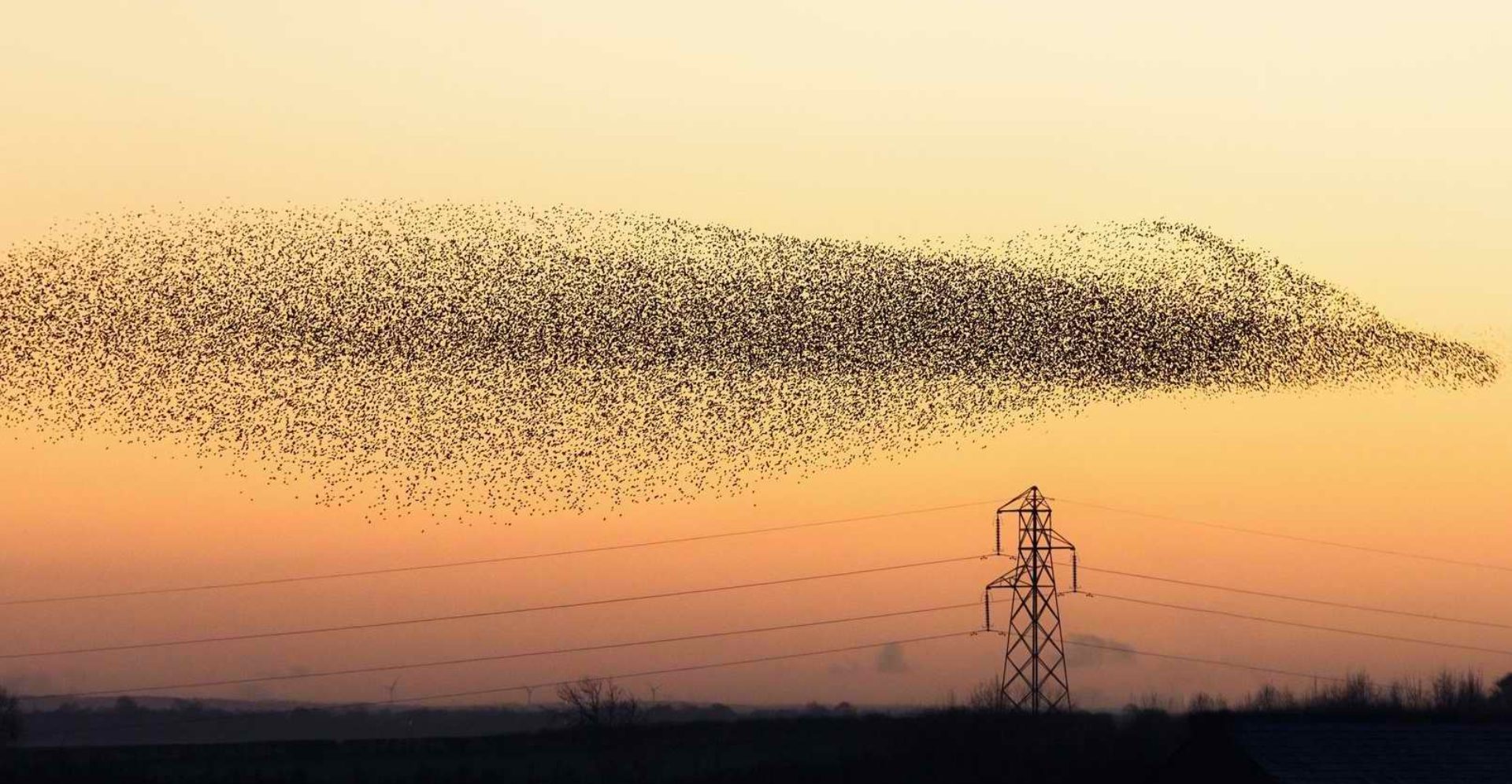Collective empathy as a necessary basis for peace
Another way to counter terrorism
People of this world see themselves threatened by terrorism and local wars.
Ongoing refugee movements create worries and fears in society.
We experience threats and violent actions as expressions of seemingly hopeless conflicts, which are only tragic and desperate expressions of unfulfilled needs.
Like human beings, communities, peoples and states have needs.
What exactly is missing here?
Sustainable peace and forgiveness only emerge when the old wounds have healed.
The healing process is facilitated by empathy and partly only possible through empathy.
Only after empathic recognition of their old pain are the conflict parties prepared to acknowledge the pain of the other conflict party and to initiate mutual understanding with subsequent forgiveness.
I transfer the principles and attitude of " nonviolent communication " according to Marshall B. Rosenberg from interpersonal conflicts to conflicts between communities, peoples and states.
Empathy between large communities that symbolically represent a party to a conflict is what I call "collective empathy".
With guilt manifestation we do not get any further, but only with mutual, sincere recognition of what has happened. The message is not to point at others, but to begin with oneself. One must begin, otherwise the violence will never stop.
Everyone must find the willingness and the strength to take personal responsibility within themselves. In collective conflicts, it is particularly important for representatives and heads of state to take this step.

One of the few great actions of personal responsibility that symbolizes and expresses collective empathy was Willi Brandt's knee fall.
Quote from Wikipedia:
"As Chancellor of the Federal Republic of Germany, Willy Brandt laid a wreath at the Warsaw Memorial to the Heroes of the Ghetto on December 7, 1970, immediately before the signing of the Warsaw Treaty between Poland and the Federal Republic of Germany. After straightening the wreath loop, he did not remain standing as usual, but sank to his knees and remained silent for about half a minute.
At that time, the prompt domestic German reaction was quite different from today's assessment of the gesture.
According to a Spiegel survey, 48 percent of West Germans at that time found the knee fall to be exaggerated, 41 percent to be appropriate, 11 percent had no opinion on it.
Source: Knee fall appropriate or exaggerated? In: Der Spiegel, 14 December 1970, p. 27.
On 27.05.2016 in Hiroshima and on 28.12.2016 in Pearl Harbour US President Barack Obama and Japanese Prime Minister Shinzo Abe missed an empathic reconciliation with apologies. Despite all this, it was already a step in the right direction.
Currently, many countries in Western society have good reasons to apologize to some countries.
These outstanding apologies for assuming responsibility leave you with collective feelings of guilt and shame, which are passed down from one generation to the next, right down to the individual personality. It leaves behind disappointment, sadness, anger, rage, hopelessness and frustration among the injured.
The many dead and the resulting suffering cannot be reversed.
Even with money, no country can buy itself out of responsibility.
I myself am a part of western society and have had feelings of guilt and shame transferred to me. For myself I allow the changes of perspective to give empathy for the injuries suffered, so that the process of letting go is made possible on all sides.
I ask all states and peoples of the world to consider their conflicts as well as their burden of terrorism and to recognize their own involvement and to approach the old and current conflict parties with empathy. This does not mean any justification or advocacy of violence, it does not contain any evaluation.
